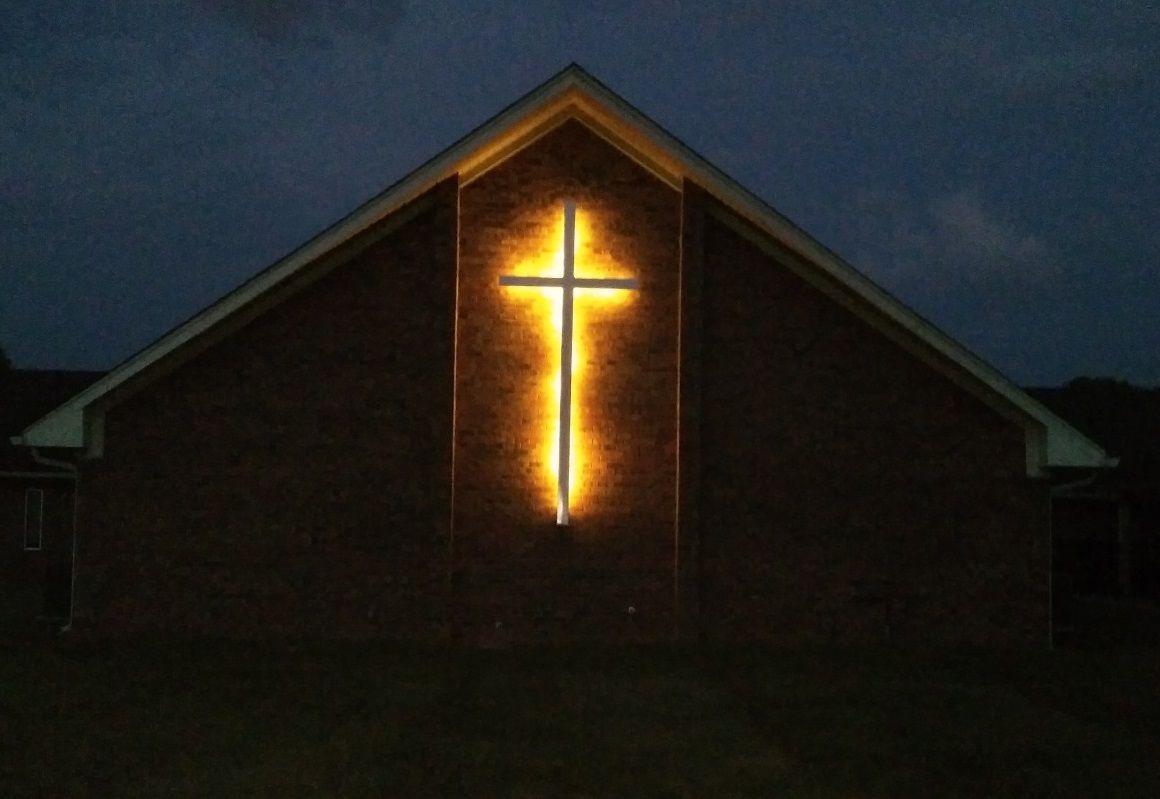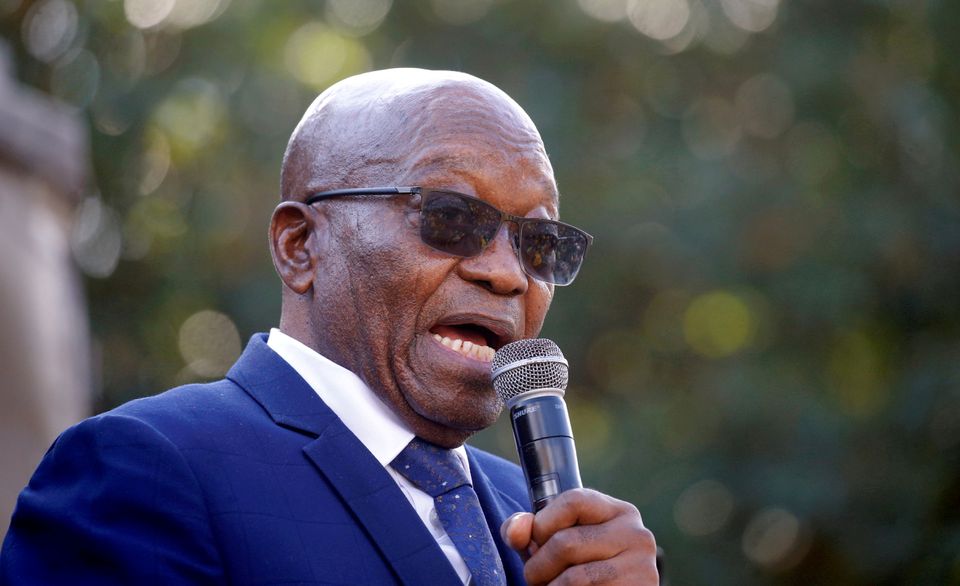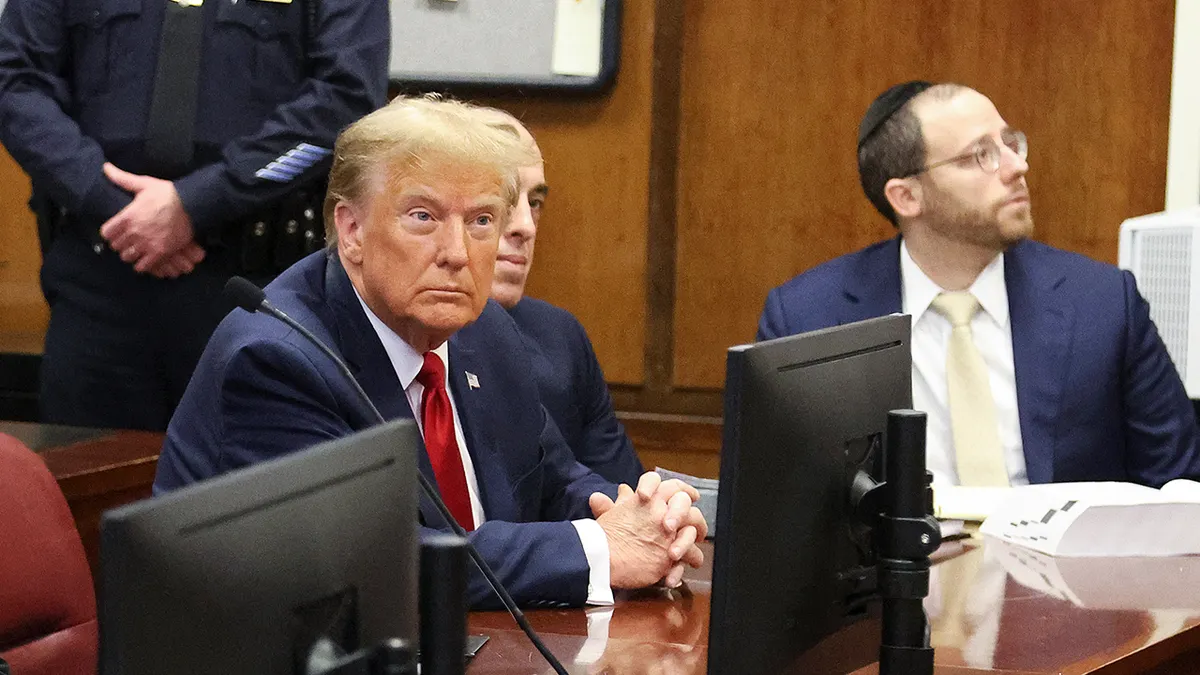HARARE – Zimbabwe’s government announced Wednesday it would allow churches to take an unlimited number of congregants – as long as they were fully vaccinated.
Covid-19 restrictions in place since early last year initially limited church attendance to 50, before all public gatherings were banned as the number of infections exponentially grew.
Announcing the easing of restrictions, information secretary Ndavaningi Mangwana said: “Churches can now allow sit-in congregants who have been fully vaccinated – or those that have taken two doses of the vaccine subject to Covid-19 protocols adherence.”
Mangwana said “pastors found in breach will be arrested”, adding: “In other words, only those with evidence of being vaccinated should be allowed in church.”
The easing of restrictions will be seen as a government attempt to induce church leaders to encourage their congregants to take the life-saving vaccines after initial hesitancy, some of it fuelled by conspiracy theories.
The government announcement also comes just days after Emmanuel Makandiwa, who leads one of the biggest churches in Zimbabwe and previously vowed to go to jail than take the vaccine, told his followers: “What the doctors are telling you is what you need to do.”
The government is unlikely to stop with churches. Observers believe all gatherings could soon be allowed – including sporting events – as long as attendees can prove they have been fully vaccinated.
Zimbabwe has set a target of vaccinating 10 million people by December 31, but the uptake of vaccines has been disappointing, the programme hobbled by a shortage of health workers and lack of vaccines at launch in February this year.
On Wednesday, the health ministry said 1,061,238 of Zimbabwe’s 15 million people were fully vaccinated. Just 15,873 people took their first dose on the same day – a far cry from the government’s target of inoculating an average 70,000 people daily.
Covid-19 has killed 3,950 people since it was first detected in March last year. At least 117,258 people have contracted the respiratory illness.















